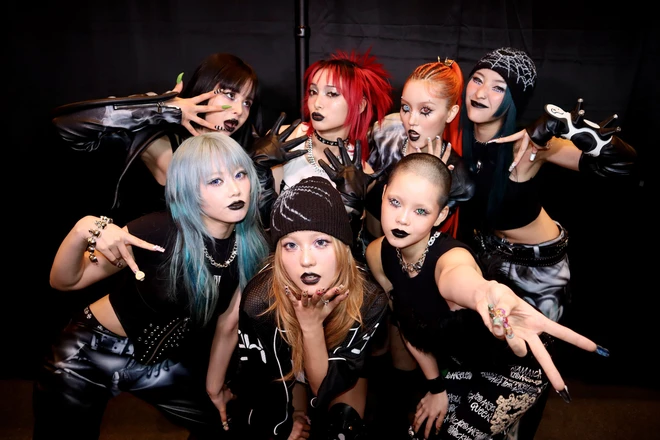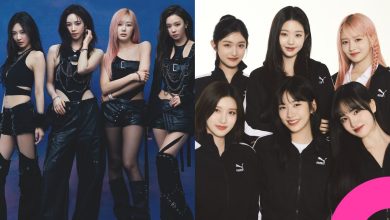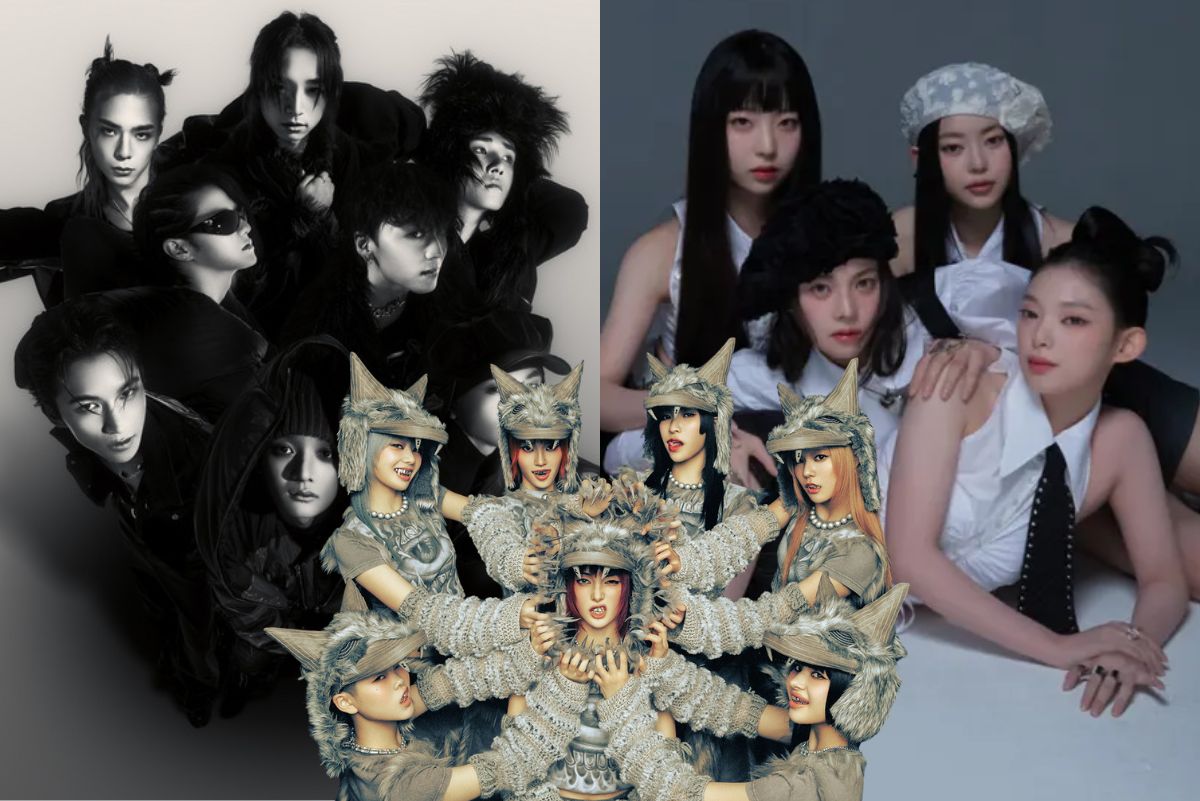
As Korean entertainment giants such as JYP Entertainment (NiziU), HYBE (&TEAM), and SM Entertainment (NCT Wish) find continued success with their Japan-based “localized” idol groups, a reverse trend is emerging. Japanese entertainment companies are now venturing into the Korean market, debuting idol groups that blend elements of both J-pop and K-pop.

A prime example of this shift is the debut of ONE OR EIGHT and cosmosy two groups formed by Japanese companies but launched directly in South Korea. Despite their Japanese origins, both groups actively embrace K-pop influences and identify as hybrid acts between the two music cultures.
ONE OR EIGHT, an eight-member all-Japanese boy group under Avex, officially debuted in Korea on March 26, 2025. Similarly, the girl group cosmosy, consisting of four Japanese members, made their Korean debut on April 11, backed by none other than Japanese telecom giant NTT DOCOMO.
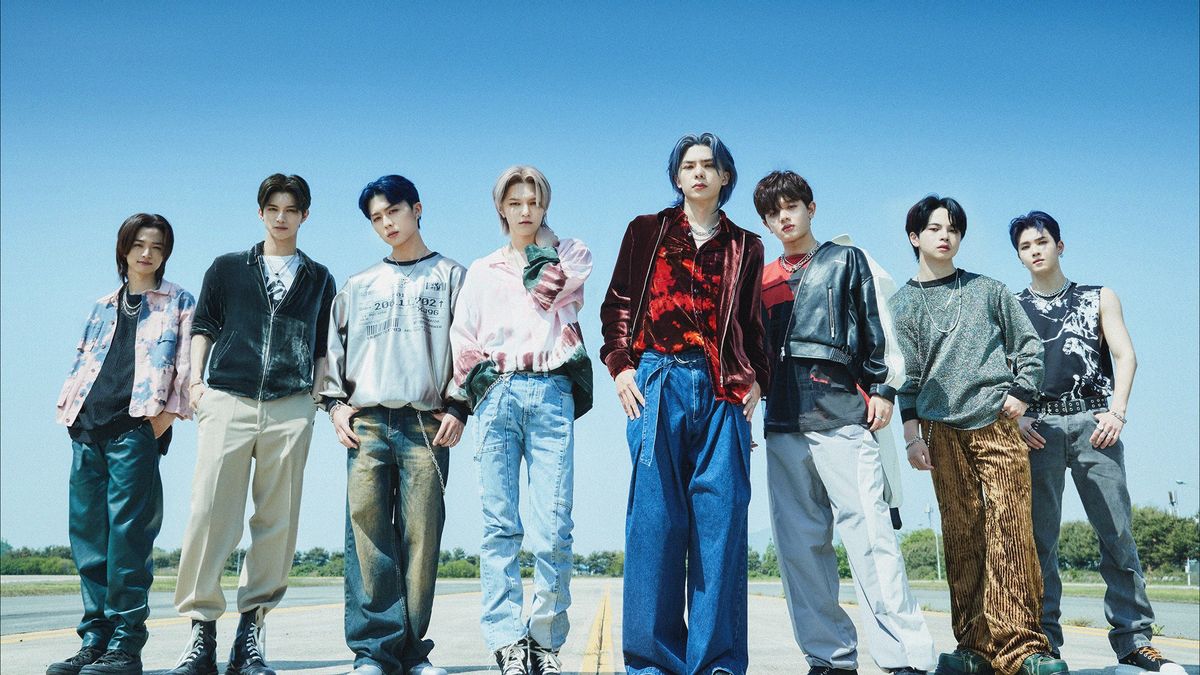
Both groups were designed with the Korean market in mind from the beginning, having undergone training in both Korea and Japan. Notably, cosmosy’s debut project brought together a team of top-tier creative professionals many of whom have worked with leading K-pop artists such as BLACKPINK, Le Sserafim, Red Velvet, IVE, IU, aespa, and TXT showcasing a strategic investment into high-quality K-pop-style production.
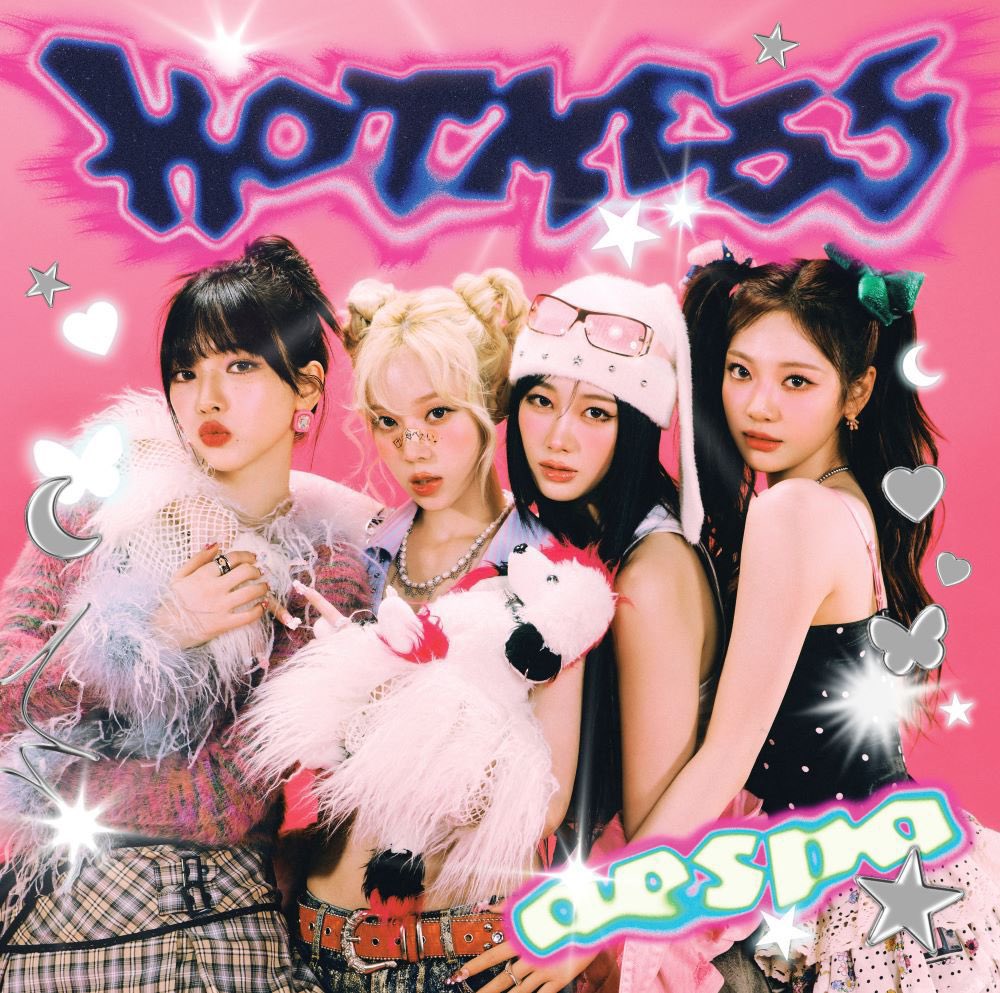
Another standout case is XG, the all-female Japanese group under Avex’s sub-label XGALX, which debuted with a K-pop-style training system and global concept. Since their debut in 2022, XG has gained remarkable international traction with viral hits like “LEFT RIGHT” and “SHOOTING STAR”, and has been featured on major global charts. The group is known for its fluent English lyrics, Y2K aesthetics, and high-level performance skills—attributes heavily influenced by K-pop standards. XG‘s success has further proven that Japan-based groups can achieve global appeal by embracing K-pop’s production and promotional model.

Industry analysts point out that debuting in Korea allows Japanese companies to leverage the global influence of the K-pop system from its advanced training infrastructure and global fan engagement platforms to its streamlined international marketing strategies. For Japanese idols, launching in Korea can offer faster access to global markets and help build international fanbases more effectively than a Japan-only debut.
The trend reflects K-pop’s transformation from a regional genre into a global production model, now being adopted even by companies outside Korea. As more Japanese companies look to Korea as a launchpad, the boundary between J-pop and K-pop continues to blur, signaling a new phase of pan-Asian idol development.


